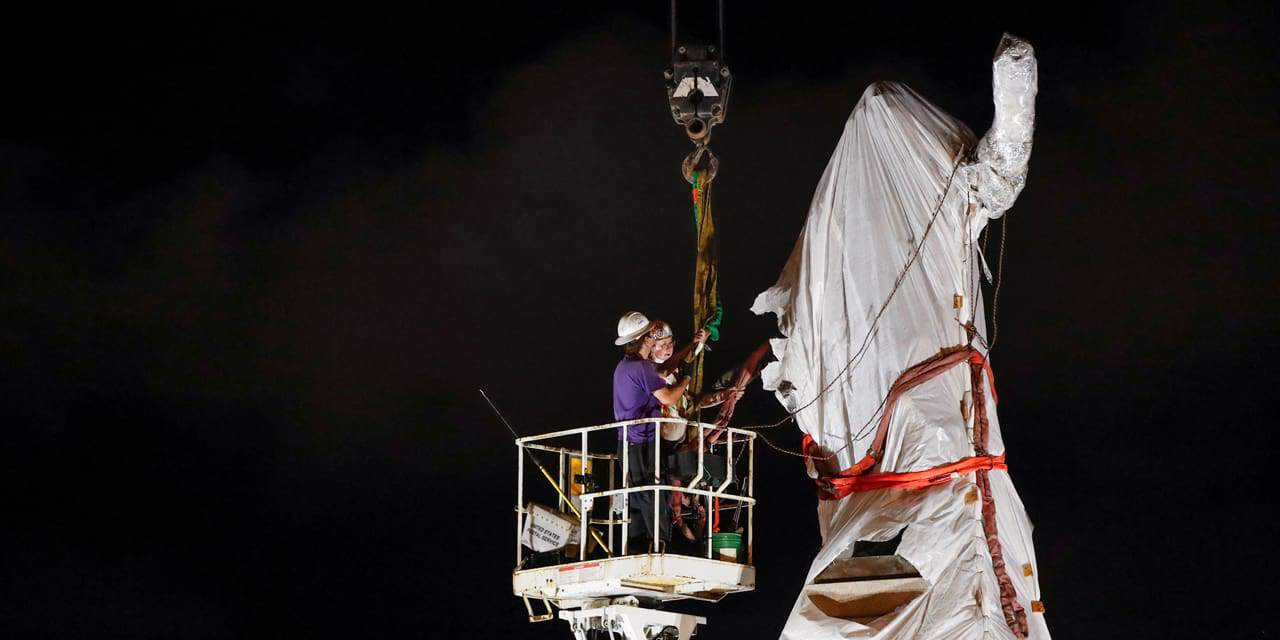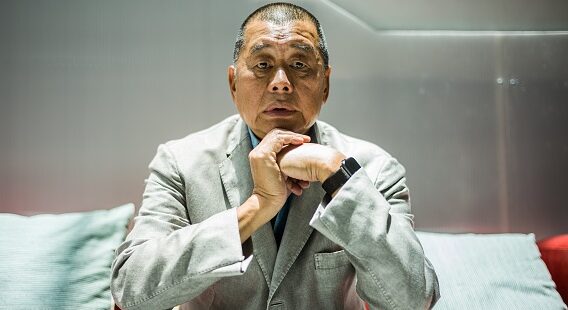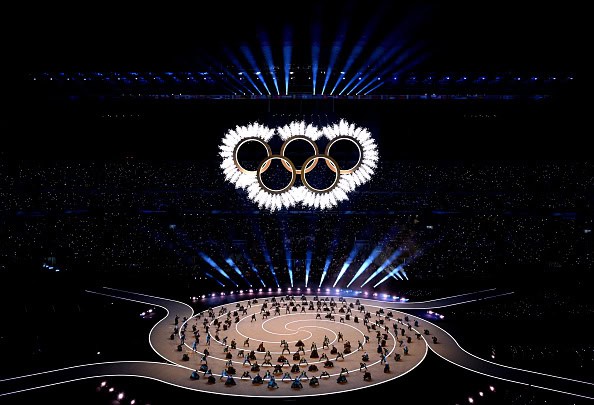Chicago Mayor Has City Remove Columbus Statue, But Struggles to Address Surge in Gun Violence

What’s more important for city management, addressing a sharp increase in gun violence that’s threatening and terrorizing the citizens or removing a statue in response to the demands of protestors? For the Mayor and managers of Chicago, it appears like the latter is more important than the former.
It was in the early hours of Friday morning, July 24, that police removed two statues of Christopher Columbus, one from its place in Grant Park and the other in the city’s Little Italy neighborhood, in response to the ever-evolving protests that started over the death of George Floyd. But just hours before, the city had ended the day with 16 people shot, with three fatalities.
That’s not all the gun violence the city has experienced this week. On Tuesday, a gun battle erupted outside the funeral of a suspected gang member. There were 15 people shot, with one in critical condition. Police were stationed outside of the funeral due to concerns about the potential for violence and were quick to respond, but it was another sign of the growing violence that has consumed the Windy City.
“The impact of these bullets goes beyond pain and grief. These bullets are destroying our sense of safety in our neighborhoods. These bullets also leave the survivors with a feeling of hopelessness. Those who experience a shooting wonder if they might be the next person shot. Imagine living with that feeling day after day,” Chicago Police Superintendent David Brown said on Wednesday. “This cycle of violence in Chicago needs to end. It ends when someone who has been hurt doesn’t reach for a gun. It ends when instead someone calls our detectives, gives them a tip that might break a case open and we can hold people accountable in the criminal justice system.”
Despite Brown’s impassioned plea, Mayor Lori Lightfood decided that removing the statue of Christopher Columbus was more important.
Alderman Raymond Lopez (15th Ward) and outspoken critic of Mayor Lori Lightfoot, wrote on Twitter, “What has become of Chicago? We have a mayor forced into submission by anarchy & mob-rule? No more public process, official discourse, or on-the-record debate. The lesson learned is that if you want action from Lightfoot, show up en-mass at her house and she will cave every time.”
Protestors had tried to remove or damage the statue the week before, injuring 49 police officers in the process.
Mayor Lightfoot believes that this change will help the city address the violence.
“This step is about an effort to protect public safety and to preserve a safe space for an inclusive and democratic public dialogue about our city’s symbols,” Mayor Lightfoot said. “In addition, our public safety resources must be concentrated where they are most needed throughout the city, and particularly in our South and West Side communities.”
But the removal of the statue in Little Italy may cause additional problems, as the local community was outraged that the statue was removed without consulting them. The local Italian community was partially responsible for raising the funds to build both the statue in Little Italy and the one in Grant Park, as Columbus was born in the Republic of Genoa, Italy.
“The Italian American community feels betrayed,” Pasquale Gianni of the Joint Civic Committee of Italian Americans, said in a statement, according to WLS-TV in Chicago. “The Mayor’s Office is giving into a vocal and destructive minority. This is not how the Democratic process is supposed to work.”
Time will tell if the removal of the Christopher Columbus statue defuses the protests and allows police to more actively patrol violent neighborhoods or if the protestors will find another statue or monument to fixate over.
Photo from KAMIL KRZACZYNSKI/REUTERS
Visit our Election 2020 page
ABOUT THE AUTHOR
Brittany Raymer serves as a policy analyst at Focus on the Family, researching and writing about abortion, assisted suicide, bioethics and a variety of other issues involving the sanctity of human life and broader social issues. She regularly contributes articles to The Daily Citizen and has written op-eds published in The Christian Post and The Washington Examiner. Previously, Raymer worked at Samaritan’s Purse in several roles involving research, social media and web content management. While there, she also contributed research for congressional testimonies and assisted with the Ebola crisis response. Raymer earned a bachelor of arts in history at Seattle Pacific University and completed a master’s degree in history at Liberty University in Virginia. She lives in Colorado Springs with her beloved Yorkie-Poo, Pippa.
Related Posts

Online Super Bowl Betting Mushrooms, Fueled By Prediction Markets
February 11, 2026

Please Pray for the Release of Jimmy Lai
February 10, 2026

Kalshi, Prediction Markets Make It Easy for Kids to Gamble Online
February 10, 2026

What the Super Bowl and Olympics Reveal About the Human Heart
February 10, 2026
